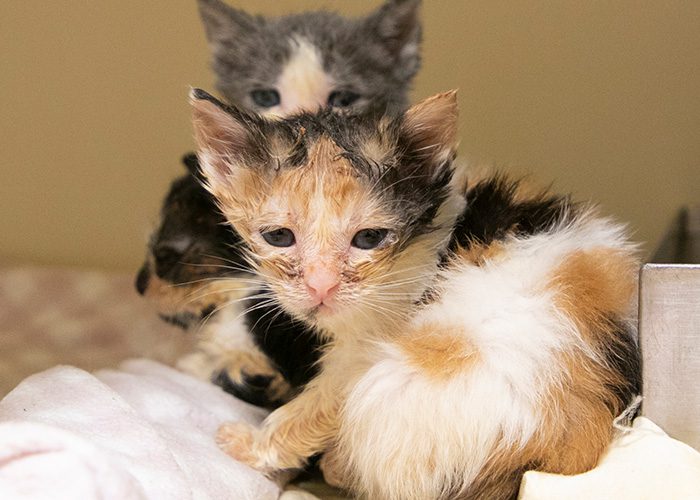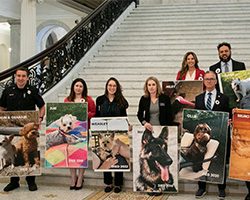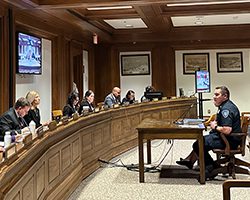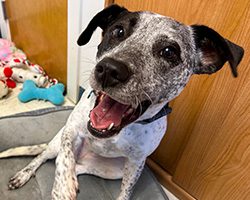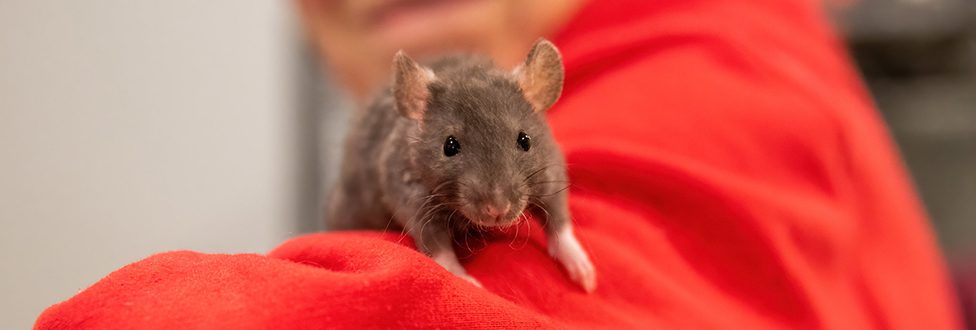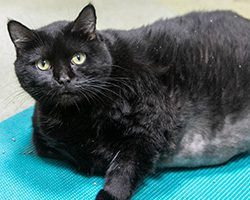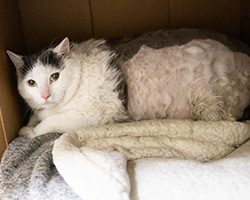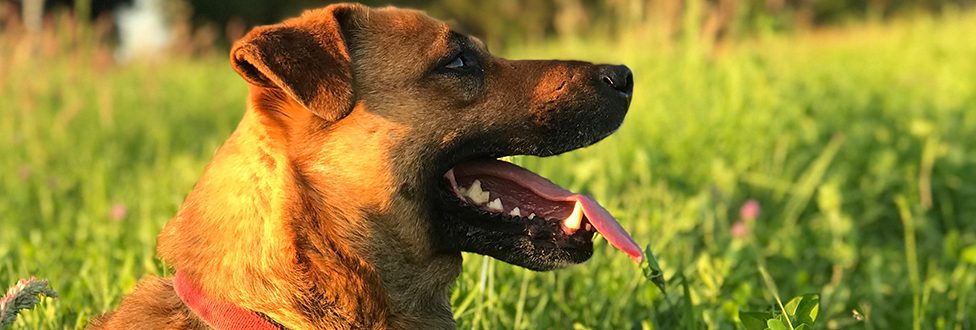ARL Saves Neonatal Kittens After Mom Cat Injured
Neonatal kittens requiring constant monitoring as mom cat recovers
The Animal Rescue League of Boston (ARL) is currently caring for three neonatal kittens and their mother, this after recently being discovered in Fall River, MA, by a concerned resident who noticed the mother cat was unable to care for the kittens due to severe wounds.
Community cats can be found in any city or town in Massachusetts, and it’s estimated that there are 700,000 community cats living throughout the Commonwealth, 70,000 in Boston alone.
ARL’s Field Services Department routinely works in the Fall River area, a region with countless community cats, and immediately responded when receiving the call about these three kittens.
Due to her wounds, the mom cat was unable to care for her kittens, which drastically increased the urgency.
At just 4-weeks-old, the kittens would’ve been in grave danger without intervention and care.
The kittens and the mom were trapped and transported to ARL’s Dedham Animal Care and Adoption Center, where they immediately received veterinary care.
The mom cat, now named Kiki, was suffering from multiple puncture wounds, and was also underweight.
The kittens were suffering from upper respiratory infections and given medication to get the infections under control.
Due to their age, the kittens were placed into foster care so they could be constantly monitored.
Despite their harrowing early-life experience, the kittens are doing well and will be made available for adoption sometime in November.
About ARL’s Community Cat Program
Community cats face many challenges living outdoors.
Without proper shelter and care, they are at risk of illness and injury.
Additionally, without spay/neuter surgery, these cats can produce many litters and continue the cycle of large colonies of unowned cats.
As part of ARL’s Community Cat Program, the organization’s Field Services agents will respond to the call of residents who report a colony of cats, investigating the colony to determine the number of cats and kittens residing in that area, the cats’ overall health status, and whether or not a local resident is feeding them regularly and can continue.
After the initial assessment, a TNR (Trap-Neuter- Return) plan is formulated for that particular colony.
TNR is one of the most humane and effective ways to stop the cycle of homelessness among cats.
Spay and neuter surgeries are low risk and proven to improve the safety and health of these cats as well as the community as a whole.
The plan also includes vaccines, and whether each cat will be returned to the colony, returned to their owner if microchipped, or admitted to an ARL shelter to be put up for adoption if they are friendly.


